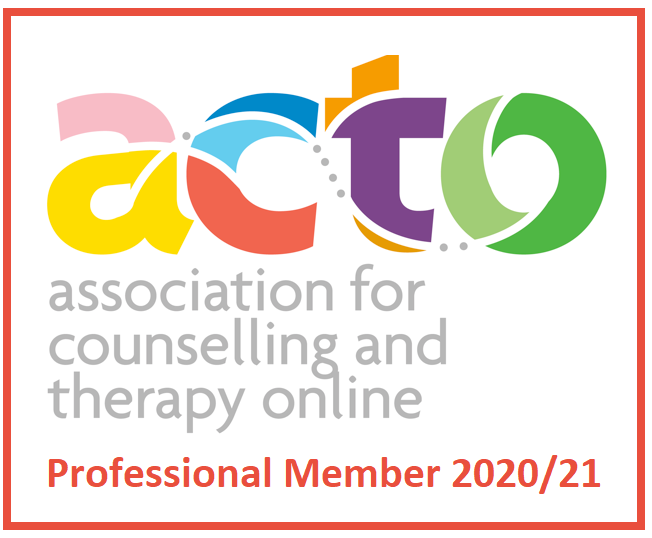Research
Evidence for online therapy
There are a lot of myths about online therapy, and often it is therapists themselves are who most subject to these myths:
Myth Number 1: "Online therapy isn't as good as face to face and patients won't benefit as much"
To my knowledge, there are at least seven systematic reviews supporting telemental health as an efficacious treatment for depression, physical health conditions and anxiety (see the 'References' section at the bottom of the page). I am sure there are more in other mental health areas but these are the ones I know of linked to my speciality which is anxiety, depression and long term physical health conditions.This myth is therefore not backed up by scientific research.
Myth Number 2: 'Patients won't be able to form such a close bond with their therapist online. There won't be a good therapeutic relationship"
This isn't true either! Many studies have shown that patients can feel just as strong a bond with their therapist as they can face to face. This seems to be the case whether the contact is via video call, text message therapy or email therapy. Of course, just like face to face sometimes a relationship doesn't gel, but there is no evidence to suggest this happens more often in online therapy than face to face. Simpson & Reid (2014) conducted a review of 23 quantitative and qualitative studies of the therapeutic alliance in videoconferencing psychotherapy and showed that:
"Evidence to date indicates that client-rated therapeutic alliance is high across diagnostic groups and interventions, and therapist-rated alliance is moderate to high in psychotherapy via videoconferencing..... in spite of hesitancy among psychologists, even those with little experience in video therapy adapt their communication style and adjust to the technology in a relatively short period of time" (Simpson & Reid, 2014; p.281)
References
Abel, E. A., Glover, J., Brandt, C. A., & Godleski, L. (2017). Recommendations for the reporting of telemental health (TMH) literature based on a systematic review of clinical video teleconferencing (CVT) and depression. Journal of Technology in Behavioral Science, 1-13.
Backhaus, A. Agha, Z., Maglione, M. L., Repp, A., Ross, B., Zuest, D., . . . Thorp, S. R. (2012). Videoconferencing Psychotherapy: a systematic review. Telehealth, Telepsychology, and Technology, 9(2), 111-131.
Garcia-Lizana, F., & Munoz-Mayorga, I. (2010). Telemedicine for depression: A systematic review. Perspectives in Psychiatric Care, 46, 119-126.
Osenbach, J. E., O'Brien, K. M., Mishkind, M., & Smolenski, D. J. (2013). Synchronous telehealth technologies in psychotherapy for depression: A meta-analysis. Depression and Anxiety, 30(11), 1058-1067.
Rees, C. S., & Maclaine, E. (2015). A Systematic Review of Videoconference-Delivered Psychological Treatment for anxiety Disorders. Australian Psychologist, 50(4), 259-264.
Simpson, S. G., & Reid, C. L. (2014). Therapeutic alliance in videoconferencing psychotherapy: A review. Australian Journal of Rural Health, 22(6), 280-299.





